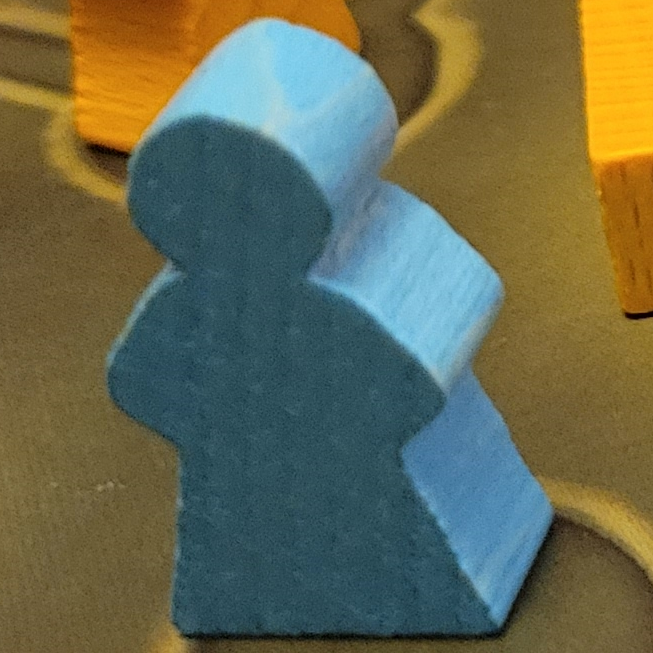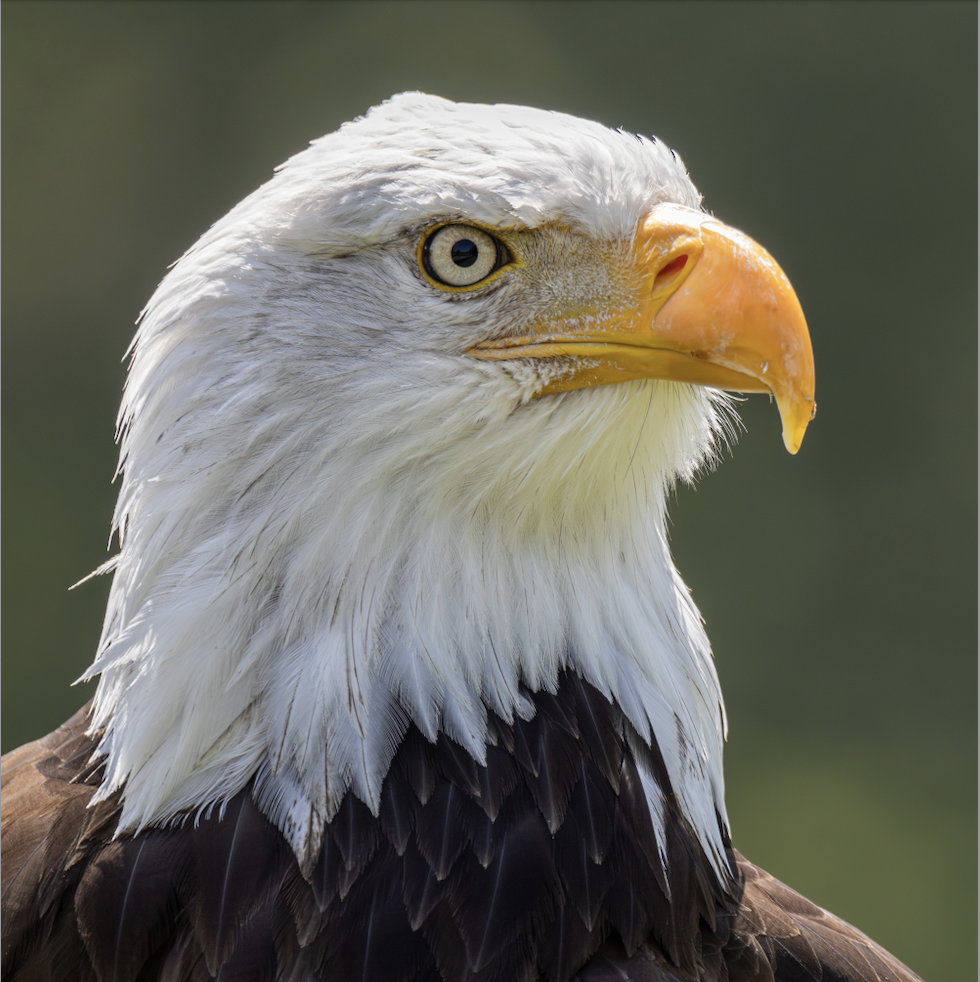

Hot take, I’ll offer an alternative perspective. Obviously, poaching is one of the most disgusting crimes. Sourcing animal parts for folk remedies is reprehensible.
Responsibly managed hunting generates a ton of money, some of which which gets invested into the local community and into conservation efforts.
The key word here is responsible. If a land manager shared wealth in an equitable fashion with the locals, and demonstrates careful management of animal herds by close monitoring of populations, that’s responsibility. I wouldn’t want to hunt on lands owned by, say, a literal nazi in South Africa. But, unfortunately, as long as we live under capitalism, I have a hard time imagining a different way to encourage the world to preserve our natural resources.








It’s less about managed culls and more about raising funds for conservation.